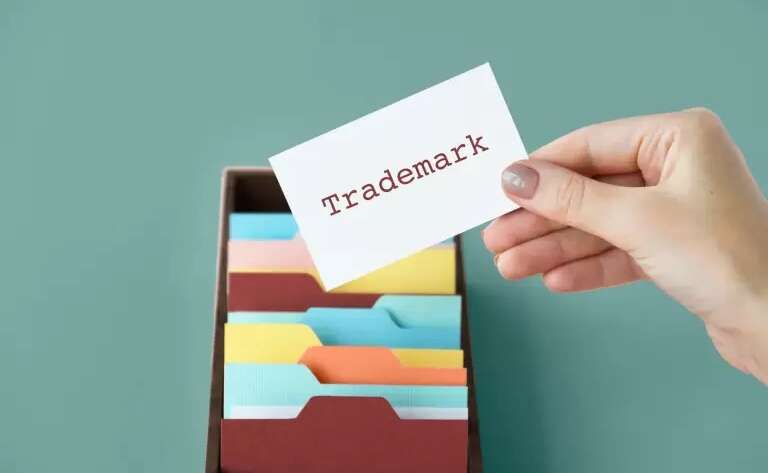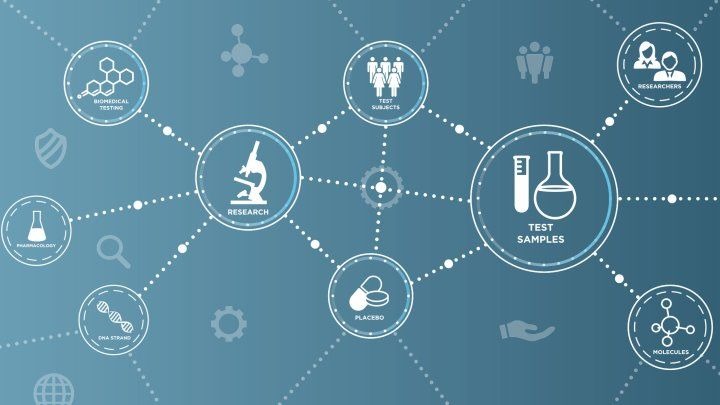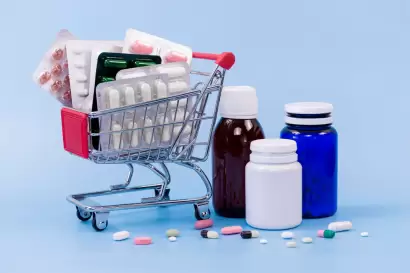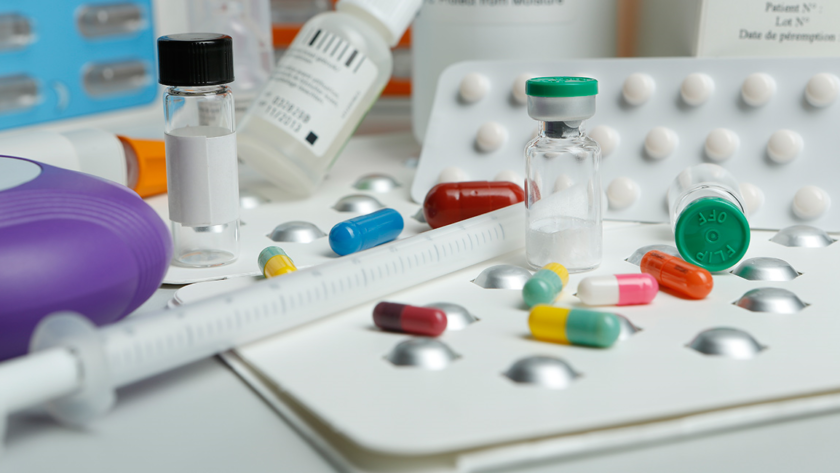IPR is an abbreviation for Intellectual Property Rights that is legally bestowed upon innovators to protect their intellectual innovations. IPRs are classified into three types: patents, copyrights, and trademarks.
Patents- Patents are a collection of exclusive rights awarded to an inventor or licensee for a limited time in exchange for the general disclosure of the…







